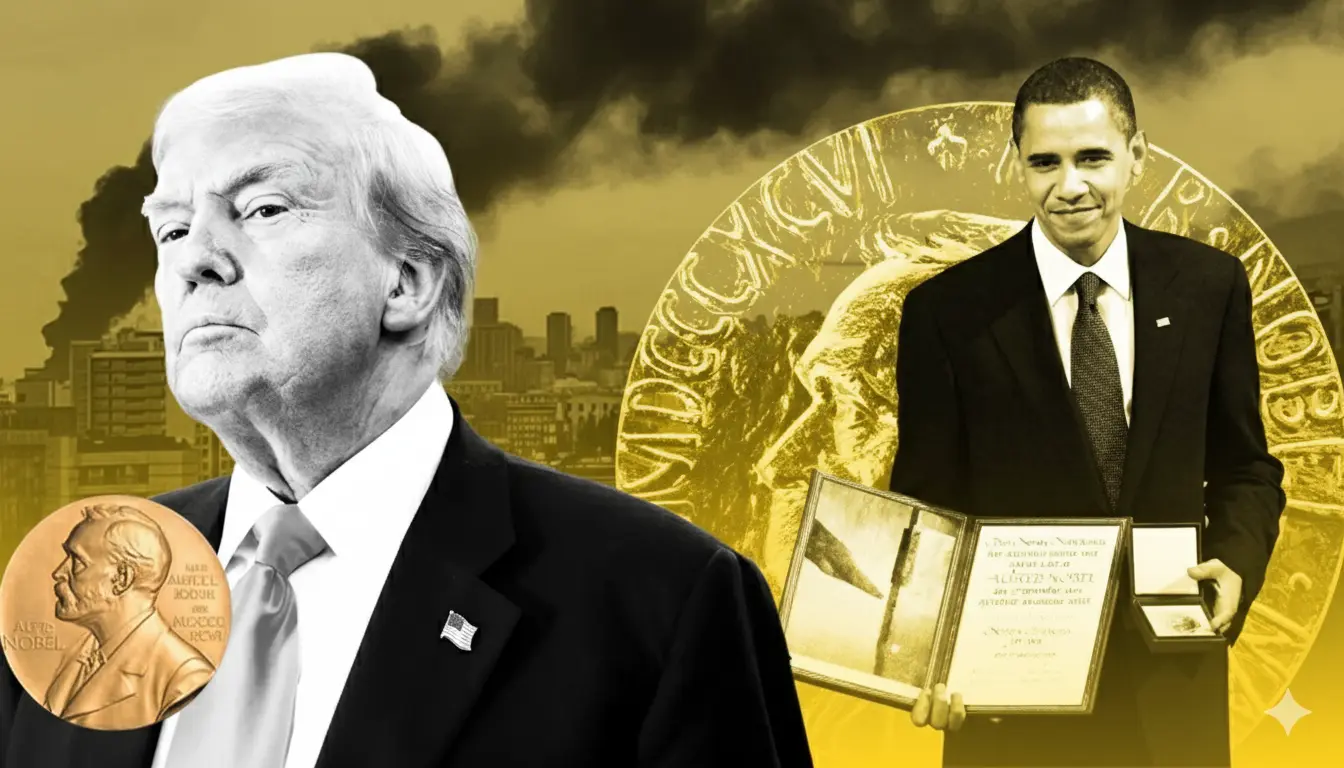Will Donald Trump Win the Nobel Peace Prize in 2026?
The Short Answer
Donald Trump’s chances of winning the Nobel Peace Prize in 2026 sit around 20 percent, according to prediction markets. That means unlikely, but not impossible. The committee’s process is secretive, but Trump’s recent diplomatic moves, from the Gaza ceasefire to a renewed push on the Abraham Accords, keep his name in the conversation. Whether that translates into a win is another matter.
How the Nobel Peace Prize Process Works
The Nobel Peace Prize is one of the most closely guarded selections in global politics. Nominations for 2026 close on January 31, 2026, less than two weeks after Trump’s inauguration. That means only early policy actions or achievements carried over from his previous term will count.
Here’s how the process unfolds:
- January: Nominations close for all eligible candidates.
- February–September: A five-member committee, appointed by Norway’s parliament, reviews hundreds of names in secret. Only a small shortlist advances to final deliberations.
- October: The winner is announced in Oslo.
The committee has historically favored leaders and organizations focused on multilateral diplomacy, disarmament, or humanitarian cooperation.
Since Barack Obama’s 2009 award, the focus has shifted toward long-term, collective peace efforts rather than headline-grabbing negotiations. That context makes the Nobel Peace Trump discussion more complex, as his approach to diplomacy often emphasizes direct deals and national interests over coalition-driven efforts.
Why Supporters Think Trump Could Win
To supporters, Trump’s record already justifies a Trump Peace Prize. They cite the Abraham Accords, which normalized relations between Israel, the UAE, Bahrain, and Morocco, as a major step toward Middle East stability.
His role in securing the Gaza ceasefire in late 2025 pushed the conversation further. Headlines like “Trump Gaza Nobel Prize chances rise after truce” ran across political news outlets. Analysts say if he can extend those talks to include Iran or Saudi Arabia, his case becomes far stronger.
Pro-Trump lawmakers such as Rep. Claudia Tenney and Rep. Anna Paulina Luna have already endorsed his 2026 nomination, tying it directly to the Abraham Accords. Social media sentiment also shifted, with hashtags like #TrumpNobelPrize trending after the ceasefire.
Historically, figures like Menachem Begin and Anwar Sadat won for similar breakthroughs. Supporters say if Trump achieves even partial normalization between Israel and Saudi Arabia, the Trump Abraham Accords Nobel narrative could gain real traction.
Why Most Experts Remain Skeptical
Critics believe the committee won’t view Trump’s record as meeting the spirit of the award. Members have consistently leaned toward recognizing efforts tied to humanitarian work, disarmament, or coalition building, not unilateral diplomacy.
Past controversies still weigh on his image. From the U.S. withdrawal from the Iran nuclear deal to the handling of NATO alliances, many see him as too divisive to represent peace on a global stage. Norwegian commentators have even described the nobel committee trump bias claims circulating online as “unfounded but persistent,” pointing out that the committee resists political pressure from any side.
Another factor is timing. Nominations close before major policy breakthroughs can unfold. Even if Trump negotiates new agreements in 2026, they may not be recognized until 2027 or later.
And then there’s history. Only five American presidents have ever received the Peace Prize. Most did so after their time in office, when they could focus entirely on humanitarian or mediation work. That pattern doesn’t favor a sitting president with polarizing politics.
Public Opinion and Betting Markets
Curiosity around a possible trump nobel peace prize 2025 win exploded after he was passed over last year. Many of his supporters saw the trump nobel snub 2025 as evidence of political bias. Searches for why trump didn’t win nobel trended across news outlets and social media.
Prediction markets like Polymarket now show roughly a 20 percent chance he’ll win in 2026. That makes him a top contender among politicians but still behind humanitarian groups. For instance, bets favoring Trump currently outpace those for organizations like the UNRWA or high-profile activists such as Yulia Navalnaya.
Still, the odds reflect attention more than approval. Most analysts read them as a measure of public interest, not committee likelihood. The question will trump win nobel 2026 keeps resurfacing because he’s one of the few global figures capable of shifting sentiment overnight.
Looking at the Bigger Picture
If Trump wants to move from nomination to victory, he’ll need results the world can verify. A lasting Ukraine peace deal, progress on nuclear reduction, or a broad Arab-Israeli accord would meet the Nobel’s traditional benchmarks.
At the same time, the nobel committee trump bias narrative won’t help. The committee prizes diplomacy that unites rather than divides, and Trump’s brand has often done the opposite. Still, the 2025 Gaza truce and possible follow-up agreements show he can still play a role in global negotiations.
Political theater aside, the real question isn’t whether Trump wants the Nobel but whether the Nobel Committee views his approach as genuine peacebuilding. For now, his chances remain slim but alive, low probability, high visibility.
If history is any guide, that combination alone might keep his name in the headlines every Nobel season. And for a president who thrives on attention, that may already count as a win.
